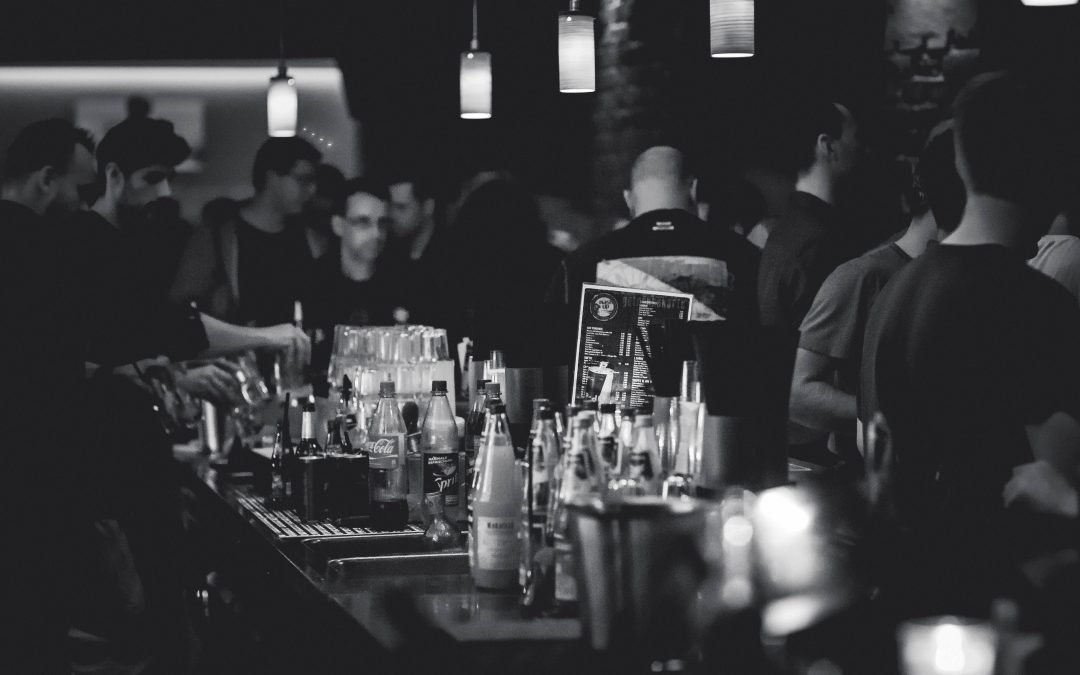If you’re one of the thousands of students who spent this past weekend celebrating St. Patrick’s Day on and off-campus, I hope you had a fun, safe, and enjoyable weekend. If, instead, you’re looking back on the weekend with regret, you may have learned that alcohol can have very serious negative effects, especially when binge drinking in public settings.
To binge drink means to consume multiple drinks on one occasion, and tragedies associated with binge drinking, especially for today’s youth, are all too real. According to the Centre for Addiction and Mental Health, Canada’s Low-Risk Alcohol Drinking Guidelines suggest that women drink no more than 10 alcoholic beverages per week and that men drink no more than 15.
Although I encourage making the most of your post-secondary life, keep in mind the following potential risks of drinking in excess the next time you go out:
Drinking and Driving
According to the Ontario Ministry of Transportation, it only takes one drink to reduce your reaction time while driving. Drinking alcohol can also result in decreased vision, reduced concentration, and inhibited judgement. Even the most skilled and confident drivers can’t keep these effects of alcohol at bay.
Not to mention the potential financial and legal consequences of driving under the influence. It’s illegal to drive with any alcohol in your system if you are under 21 years old. If you’re under 21 years old and you are caught with a blood alcohol content (BAC) above zero, your driver’s licence will be suspended and you can receive a fine of up to $500. Students have enough expenses as it is – impaired driving fines should not be one of them.
For those over the age of 21, the legal limit is technically 0.08, but fines and licence suspensions begin at 0.05.
As a post-secondary student you likely long for and revel in your independence, but if you’ve been drinking alcohol, ensure you have access to a designated driver, take public transit, or use a ride-sharing service like Uber or Lyft.
Emotions
Drinking alcohol can enhance our emotions. This can be our extroversion, flirtatiousness, sense of humour, or – for a rare few – anger. Many drink to have fun, to feel good, to relieve stress; but a range of intense emotions such as spontaneity, sadness, anxiety, and anger can be exacerbated by alcohol.
Most people are to a certain extent risk-averse when sober. However, under the influence of alcohol, inhibitions are set free, and what we are left with are carefree revelers who no longer have the acuity to make sound decisions. Potential dangerous situations often are not taken seriously, such as partying on the 18th floor balcony of a high rise apartment, or at a swimming pool, by railroad tracks, in front of traffic, all of which are potential recipes for disaster.
Few would yell or take a swing at a friend or even a stranger while sober, but with alcohol in the system an accidental nudge could result in violence.
If you take a negative emotional turn while drinking alcohol, this may be caused by an underlying mental health concern. Consider making an appointment with a counsellor to discuss these negative feelings.
Sexual Misconduct
Perhaps the scariest of all risks of drinking is the increased risk of being sexually assaulted. Due to lowered inhibition, it’s very possible to be unaware when someone else is acting inappropriately, and a reduced reaction time can make it difficult to ward off unwanted advances.
If you hit it off with someone at a bar or party, be mindful of the other person’s alcohol intake. Under Canadian law, intoxication is considered a factor that affects a person’s ability to consent. Intimacy without consent changes the lives of both parties, forever. When in doubt, get their number and call them when you are both sober.
Always keep an eye on your drink. At large parties and cramped bars, it’s easy for someone to put something in the drinks of potential victims. Never leave your drink unattended.
Students often treat drinking with friends at house parties, at the local pub, or on St. Patrick’s Day as a right of passage or tradition, but it can and should be done with care. When drinking, keep these tips in mind: watch how much you drink, watch your emotional state while you drink, watch what goes into your drinks, and stay safe. If you’re concerned about your state when drinking alcohol, reach out to a trusted friend or family member, school counsellor, or Student
Assistance Program for help.

